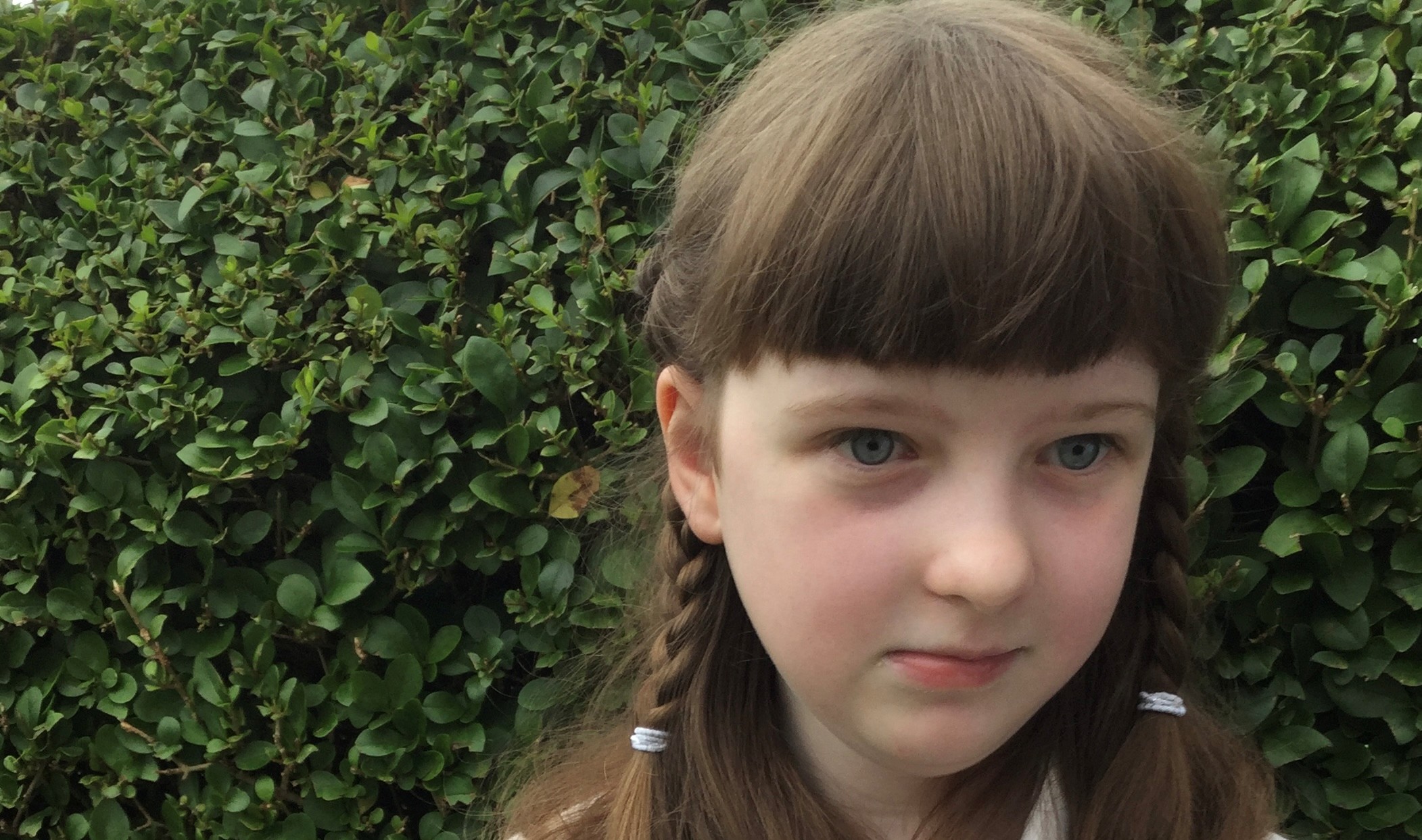Is it really school refusal?

Miriam Gwynne
Full time mum and carer for two truly wonderful autistic twins. I love reading, writing, walking, swimming and encouraging others. Don’t struggle alon...
I walked quietly into her room to wake her up and bent down to kiss her cheek.
“It’s time to wake up honey. You need to get ready for school.”
Her anxious pale face told me that I’d already triggered her.
As soon as she came out the bathroom the tears started. Unable to eat, feeling sick, too upset to get dressed. Her mental health at an all time low and now affecting her physical body too.
I called her in sick, again, knowing the school would once again simply class my broken daughter as a ‘school refuser.’
That day I sat with her all day as she cried, hid under her duvet, and then slowly opened up to me as to what was really behind her issues with school.
That was the last day I ever referred to my daughter as a ‘school refuser.’
Why?
Well is it really school refusal if your child or young person’s additional needs aren’t being met? If there’s not enough support staff or they aren’t providing the resources necessary for them to feel safe and learn?
Is it really school refusal if bullying isn’t being addressed leaving your child feeling so alone everyday and ostracised by his or her peers?
Is it really school refusal when your neurodiverse child is constantly overwhelmed by the noise, transitions, bright lights and confusing instructions all day?
Is it really school refusal when your child is taking everything literally due to their brain working differently and no one takes the time to explain what things really mean?
Is it really school refusal when even reasonable accommodations don’t get adhered to and your child is left without even a safe space to eat?
Is it really school refusal when a child gets punished for things outside of their control like late transport or tiny differences in uniform necessary due to sensory struggles?
We are so quick to call our struggling children ‘school refusers’ which implies they are choosing not to go and that they are to blame when in fact all too often they are expecting all children to fit into such a rigid mould that is so restrictive it actually breaks many neurodiverse young people for the rest of their lives.
Like so many parents before me I did everything I was told to do.
I pushed my daughter to attend even when she didn’t want to, I sent emails to the school, I attended meetings and I accepted that I was too lenient even though I knew deep down that my child was in constant trauma and lockdown. I accepted reduced timetables even when I knew this wouldn’t really help. I felt trapped into doing what school told me like I was the pupil and not just my child.
Finally, after way longer than I should ever have waited, I removed my child formally from school and educated her at home. Over two years later though she’s still confined to her room, in autistic shutdown and her eating is more restricted than ever. It’s going to take her a long time yet to recover and she’s not alone in feeling like this.
And it’s all because her ‘school refusal’ was actually a cry for help that no-one was willing to listen to.
If your child is anxious and saying no to school please stay calm and think:
Is it really school refusal or is my child communicating something vitally important that I need to know.
No child should ever be so damaged by school that years later they still struggle to function.
Labelling our children ‘school refusers’ isn’t helping in any way at all.



